All Stories
-
 Psychology
PsychologyAs gambling addiction spreads, one scientist’s work reveals timely insights
Psychiatrist Robert Custer spent his life convincing doctors that compulsive gambling was not an impulse control problem. Today, his research is foundational for diagnosis and treatment.
-
 Astronomy
AstronomyA new hunt for an Earth analog begins
The Terra Hunting Experiment will track the wobbles of dozens of stars nightly for years in the most focused hunt yet for an Earth twin.
-
 Health & Medicine
Health & MedicinePolar plunges aren’t just for the daring
Bragging rights and an adrenaline rush aren’t the only reasons to start the year with a frigid swim. A dip in icy water builds resilience.
-
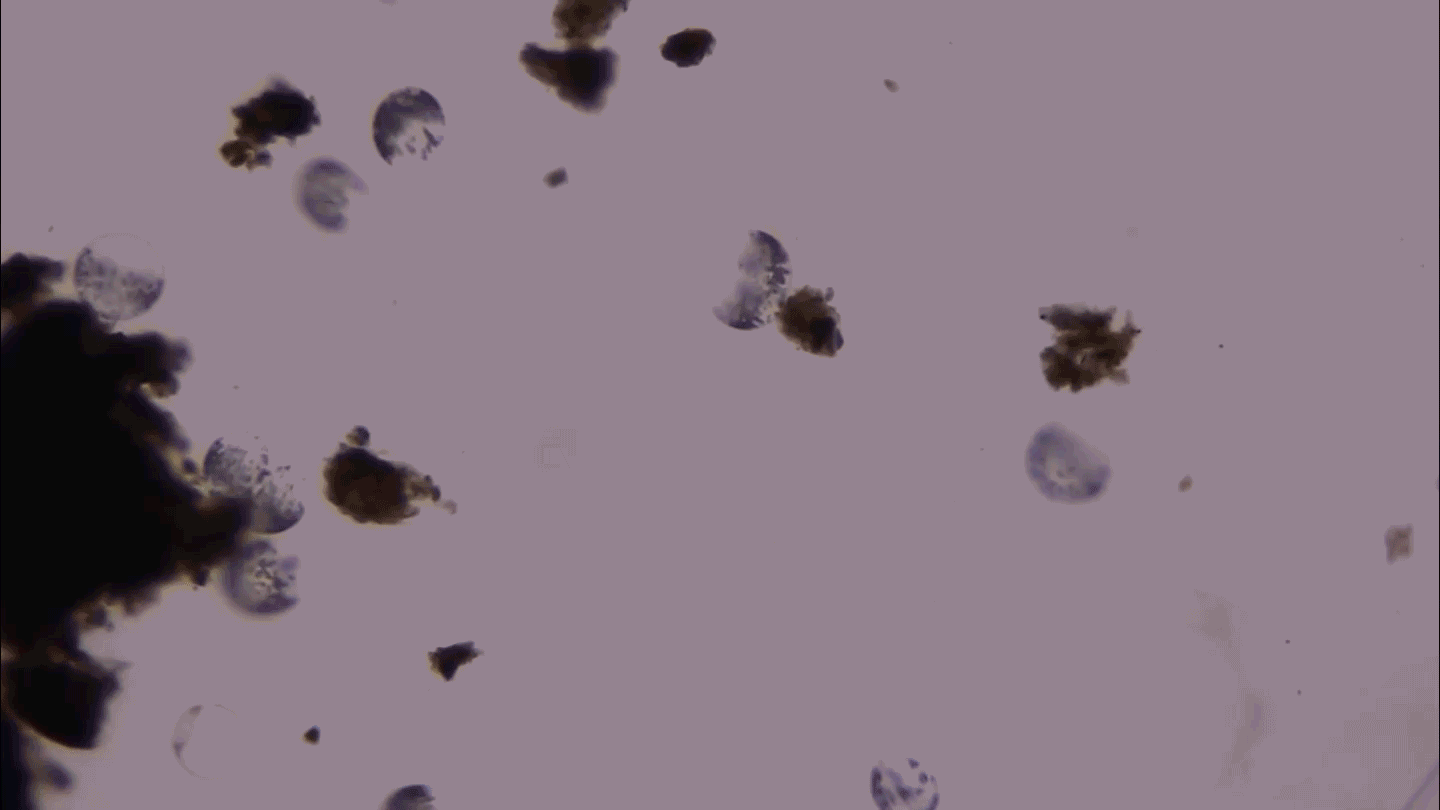 Microbes
MicrobesThis giant microbe organizes its DNA in a surprising way
3-D microscopy shows that the giant bacterium Thiovulum imperiosus squeezes its DNA into peripheral pouches, not a central mass like typical bacteria.
By Meghan Rosen -
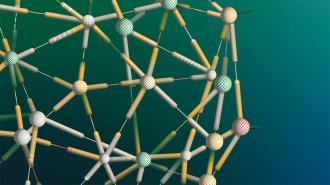 Artificial Intelligence
Artificial IntelligenceA quantum trick helps trim bloated AI models
Machine learning techniques that make use of tensor networks could manipulate data more efficiently and help open the black box of AI models.
-
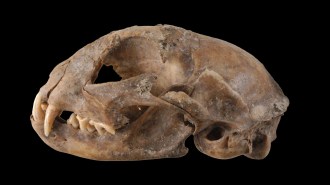 Animals
AnimalsAncient DNA rewrites the tale of when and how cats left Africa
Cats were domesticated in North Africa, but spread to Europe only about 2,000 years ago. Earlier reports of “house” cats were wild cats.
By Jake Buehler -
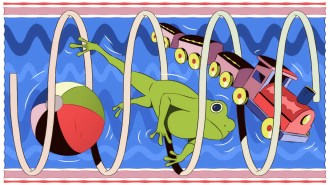 Physics
PhysicsHow to levitate objects sans magic
It’s possible to defy gravity using sound waves, magnets or electricity, but today’s methods can’t hoist heavy items high in the sky.
-
 Astronomy
AstronomyDark matter ‘nuggets’ could explain the Milky Way’s mysterious glow
A mysterious excess of far-ultraviolet light seen across the Milky Way could come from the annihilation of clumpy dark matter.
-
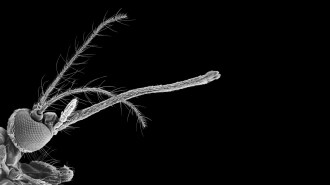 Tech
TechMosquitoes use it to suck blood. Researchers used it to 3-D print
A mosquito proboscis repurposed as a 3-D printing nozzle can print filaments around 20 micrometers wide, half the width of a fine human hair.
By Payal Dhar -
 Humans
Humans‘Black Religion in the Madhouse’ examines psychiatry and race post-Civil War
In the aftermath of slavery, white psychiatrists diagnosed Black people with “religious excitement” and claimed they were unfit for freedom.
-
 Earth
EarthEarly Earth’s belly held onto its water
When the early Earth’s magma ocean crystallized 4.4 billion years ago, the deep mantle trapped an ocean’s worth of water, scientists say.
-
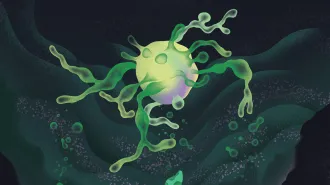 Life
LifeHow these strange cells may explain the origin of complex life
The tiny pantheon known as the Asgard archaea bear traits that hint at how plants, animals and fungi emerged on Earth.